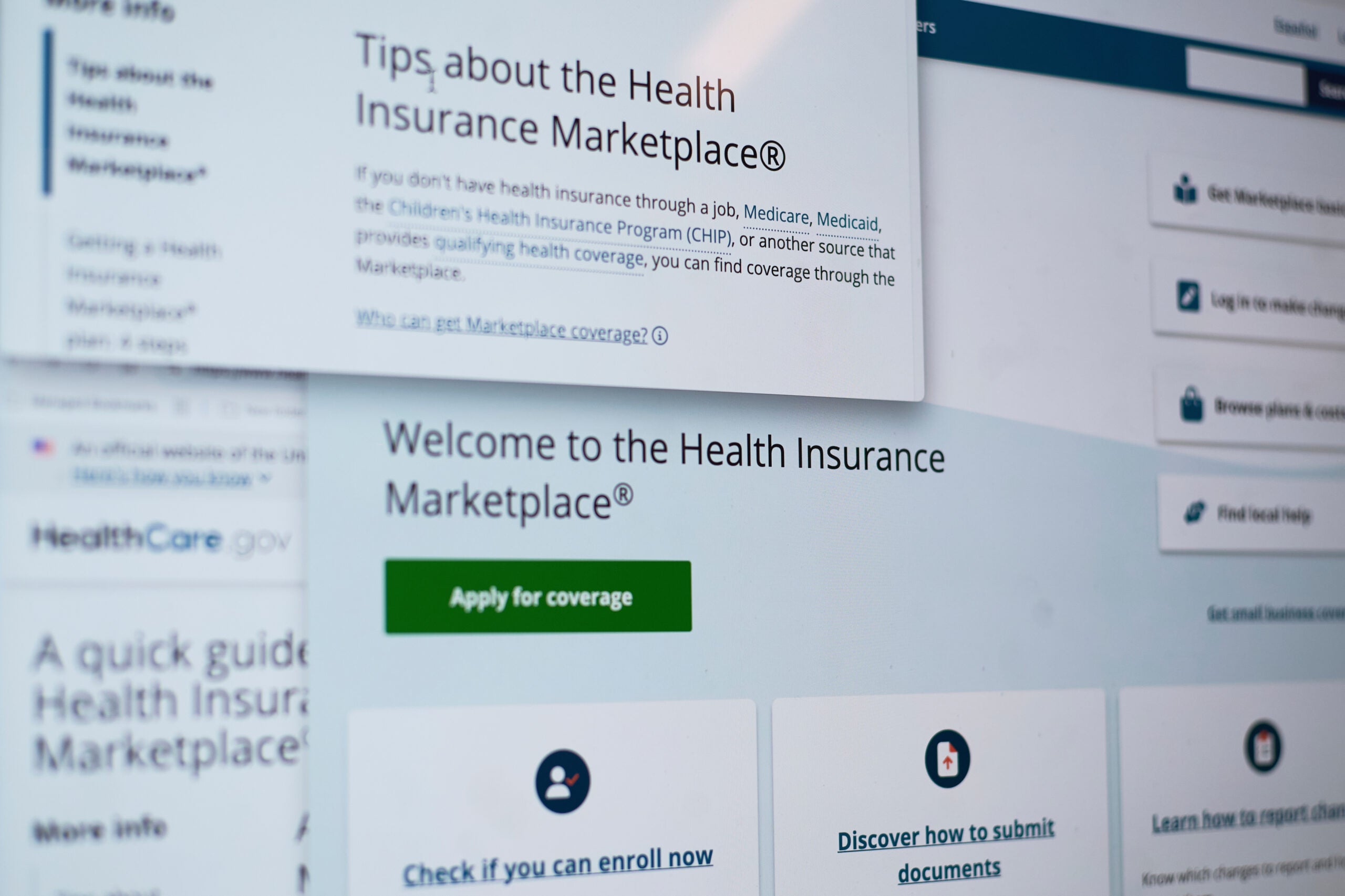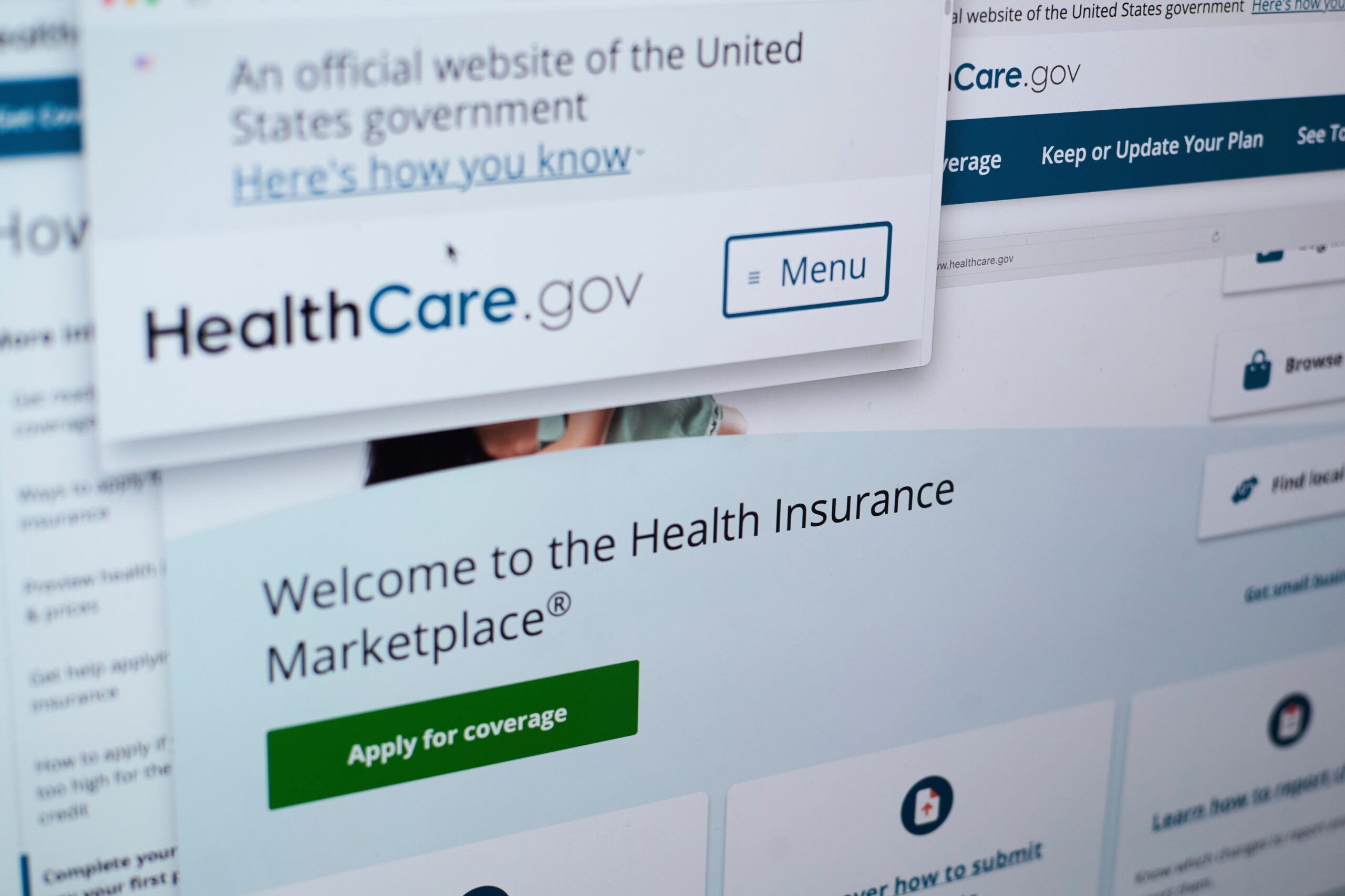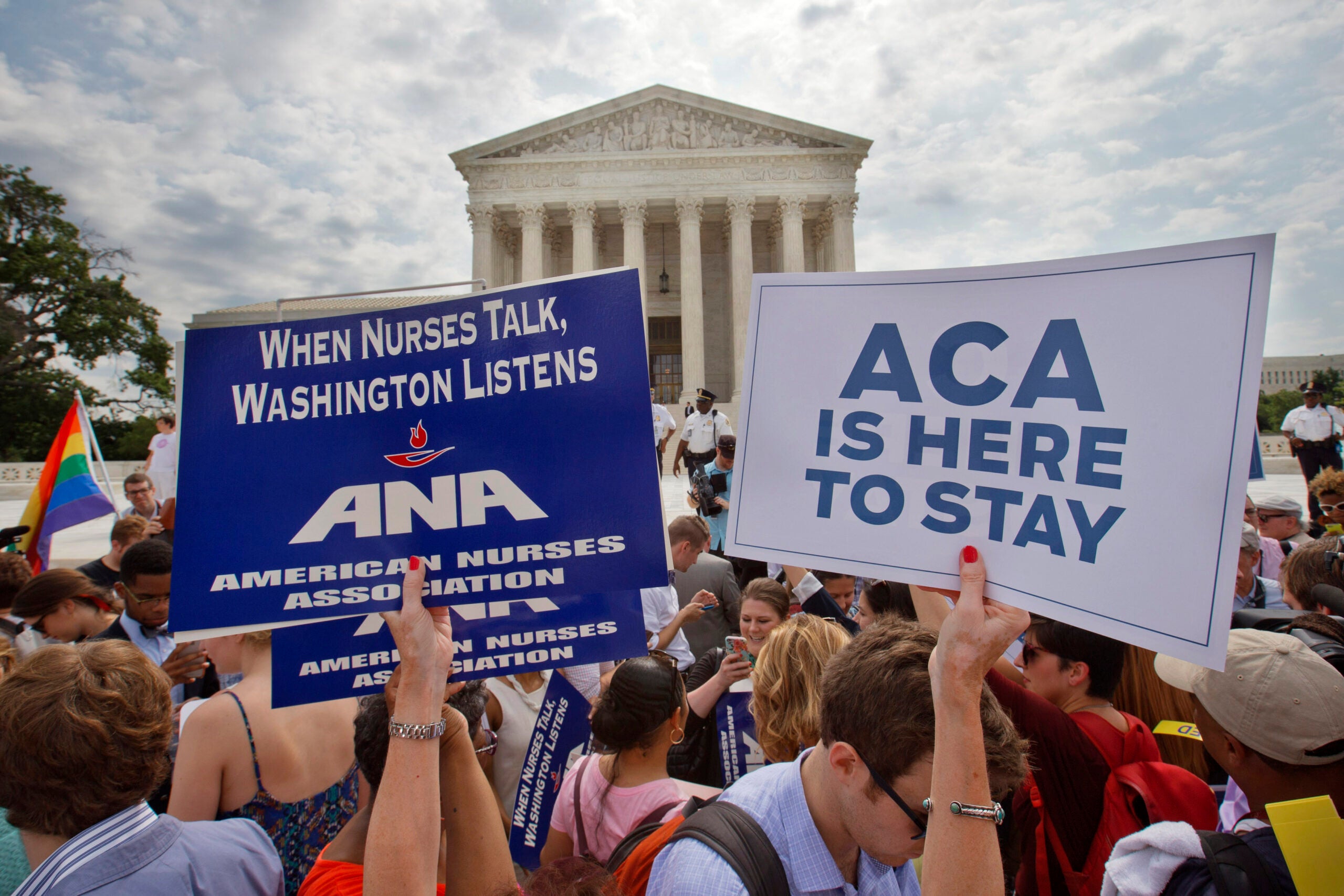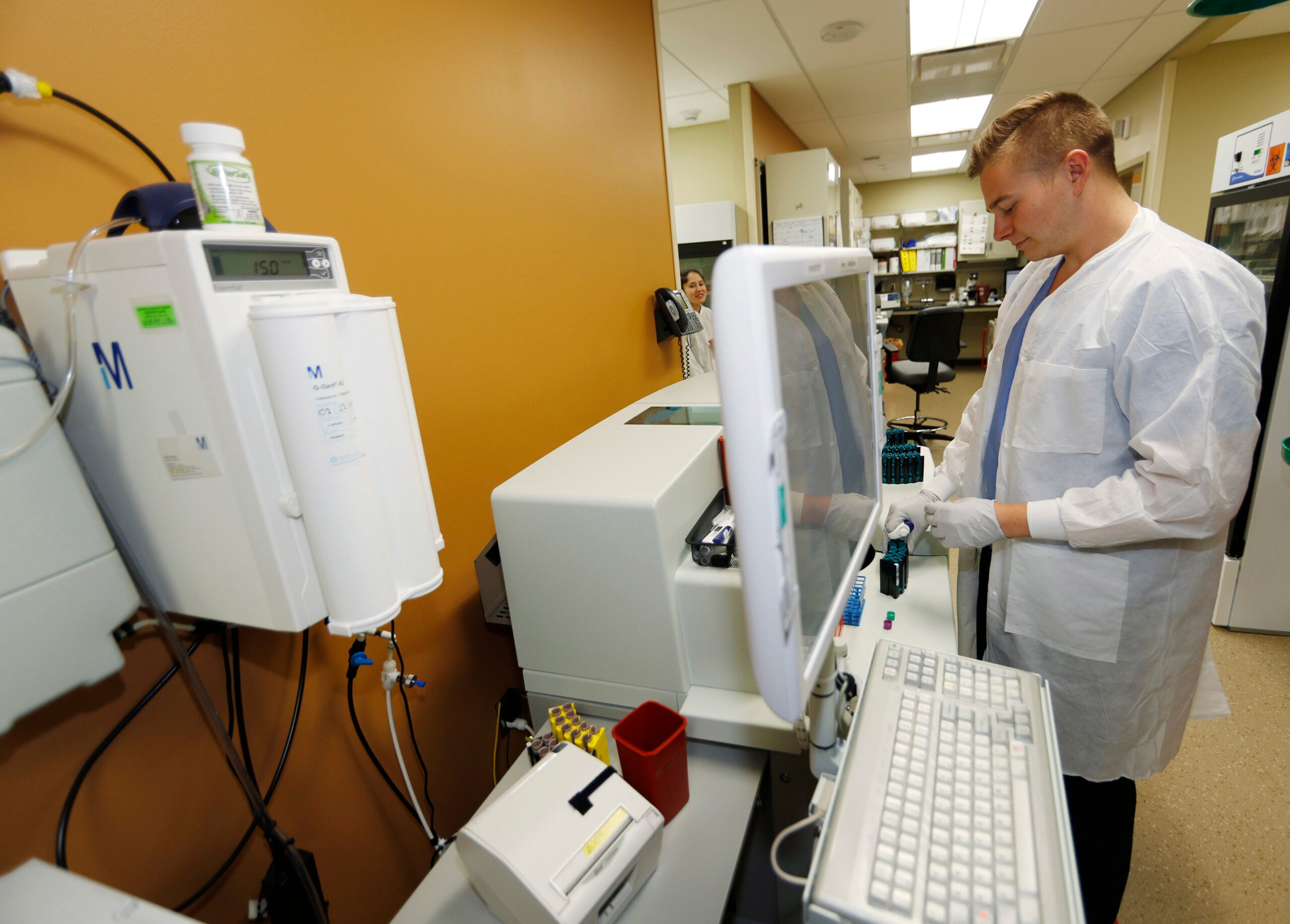The Affordable Care Act makes it possible to use next year’s predicted tax refund to pay for this year’s health insurance, but those who use this method need to keep on top of the plan’s details or risk a surprise next year at tax time.
Whether it’s fiscal necessity or convenience, Americans love the concept of ‘buy now, pay later.’ That’s basically what most people voluntarily did when deciding how to pay for insurance on the exchange. They chose to use tax refund dollars expected next year to help pay for insurance coverage now. Government health subsidies are based on a person’s income, so if income changes the government wants to know within 30 days, says Barbara Steponkus. She owns a tax preparation agency in southern Wisconsin.
“If [a person’s income] goes up and they do not notify to get the subsidy changed, they would have to either pay the difference back with their 2014 return that’s filed in 2015 or they would have to have it taken out of their refund,” Steponkus said.
News with a little more humanity
WPR’s “Wisconsin Today” newsletter keeps you connected to the state you love without feeling overwhelmed. No paywall. No agenda. No corporate filter.
Steponkus says most people on the marketplace simply can’t afford coverage without getting subsidy money up front. The subsidies also ease the sticker shock clients get when they see the total cost of insurance.
Chris Hanson is a health benefits advisor in Appleton. She says most clients want lower premiums, but don’t think about the long term effect.
“Do I want to pay $400 a month for my health insurance premium, or would I like to pay $150?” she asked. “I’ll take the $150. You have to think about it wisely. That will impact my potential tax refund next year.”
The tax bills of those without insurance will also be affected: there is a (steadily rising) penalty for NOT having health coverage.
Wisconsin Public Radio, © Copyright 2026, Board of Regents of the University of Wisconsin System and Wisconsin Educational Communications Board.





